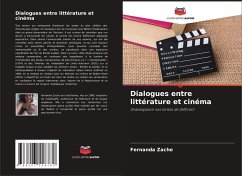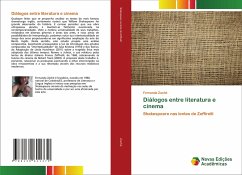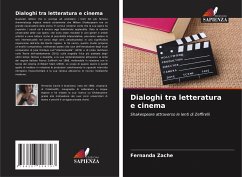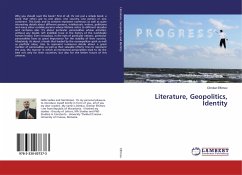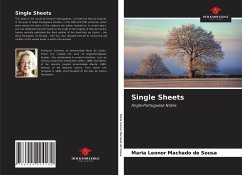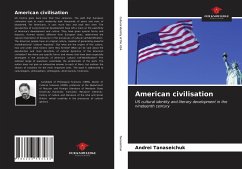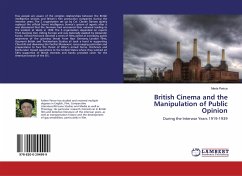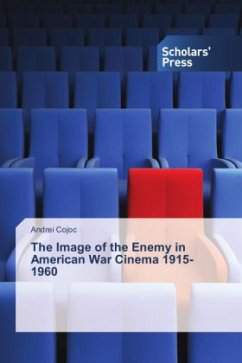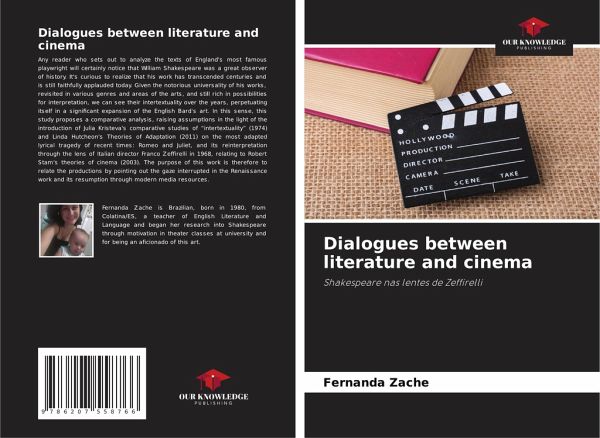
Dialogues between literature and cinema
Shakespeare nas lentes de Zeffirelli
Versandkostenfrei!
Versandfertig in 6-10 Tagen
36,99 €
inkl. MwSt.

PAYBACK Punkte
18 °P sammeln!
Any reader who sets out to analyze the texts of England's most famous playwright will certainly notice that William Shakespeare was a great observer of history. It's curious to realize that his work has transcended centuries and is still faithfully applauded today. Given the notorious universality of his works, revisited in various genres and areas of the arts, and still rich in possibilities for interpretation, we can see their intertextuality over the years, perpetuating itself in a significant expansion of the English Bard's art. In this sense, this study proposes a comparative analysis, ra...
Any reader who sets out to analyze the texts of England's most famous playwright will certainly notice that William Shakespeare was a great observer of history. It's curious to realize that his work has transcended centuries and is still faithfully applauded today. Given the notorious universality of his works, revisited in various genres and areas of the arts, and still rich in possibilities for interpretation, we can see their intertextuality over the years, perpetuating itself in a significant expansion of the English Bard's art. In this sense, this study proposes a comparative analysis, raising assumptions in the light of the introduction of Julia Kristeva's comparative studies of "intertextuality" (1974) and Linda Hutcheon's Theories of Adaptation (2011) on the most adapted lyrical tragedy of recent times: Romeo and Juliet, and its reinterpretation through the lens of Italian director Franco Zeffirelli in 1968, relating to Robert Stam's theories of cinema (2003). The purposeof this work is therefore to relate the productions by pointing out the gaze interrupted in the Renaissance work and its resumption through modern media resources.






